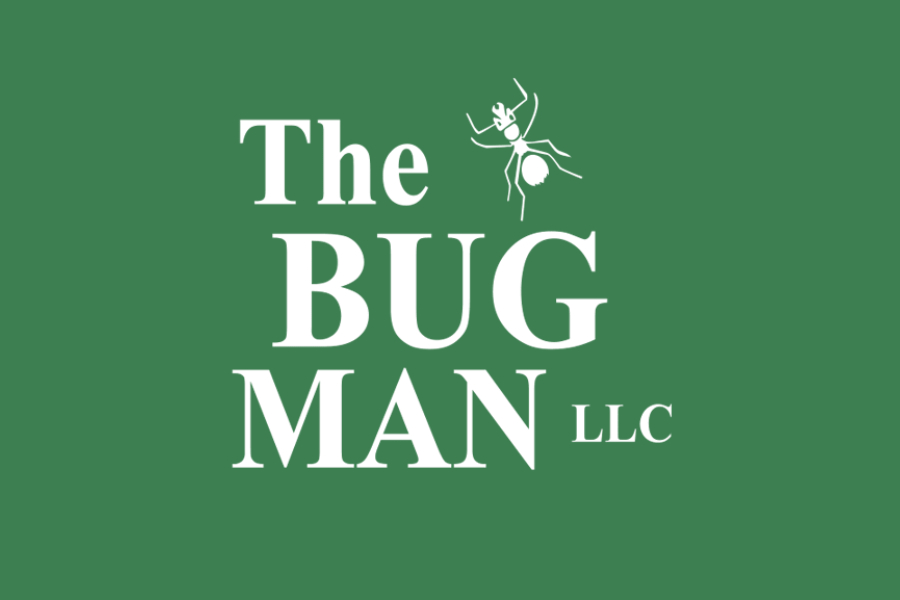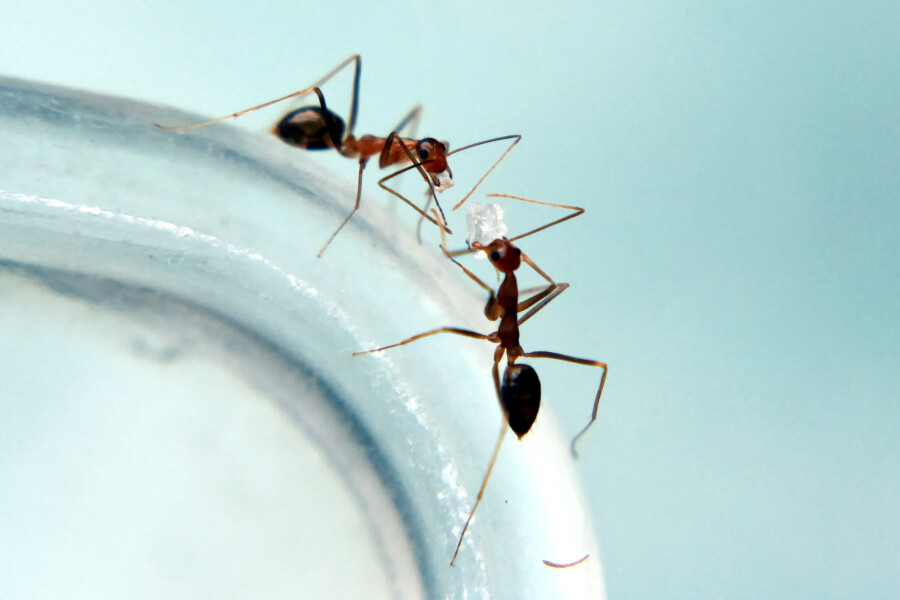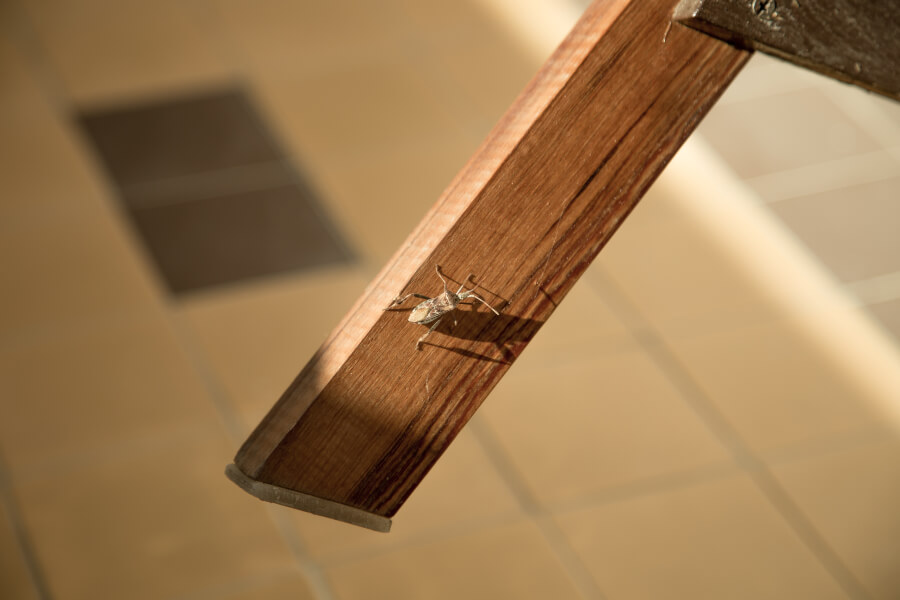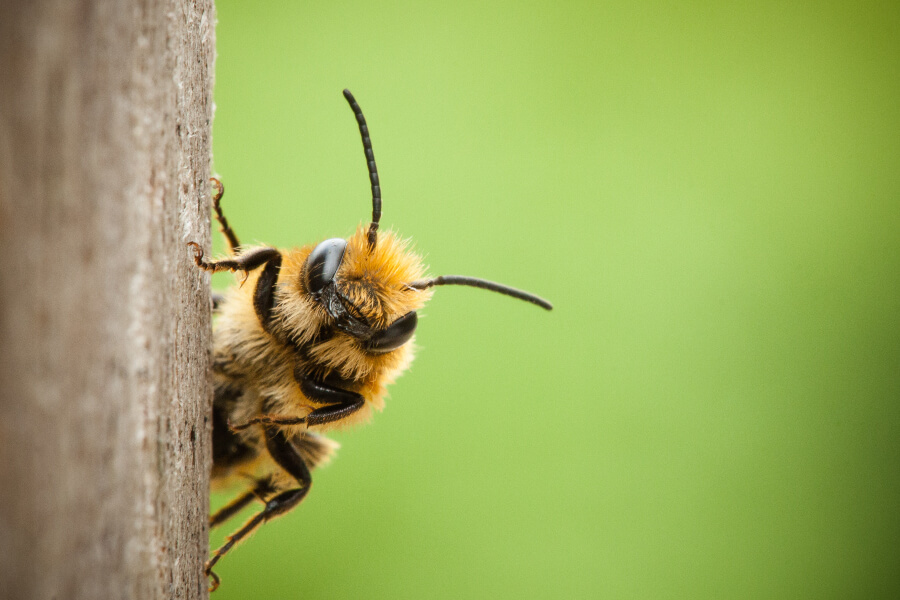“Killer” bees. Yellowjackets. Wasps. Nests. Allergies. Pain. Do you feel the fear? Honeybee, carpenter bee, bumble bee… How do I tell them apart?“Killer” bees. Yellowjackets. Wasps. Nests. Allergies. Pain. Do you feel the fear?
With warmer weather comes more bug activity, including bees and wasps. In this season, there are many different kinds of stinging insects flying around your home, car and work place. But you may not be able to tell those insects apart–especially if you swat at them fiercely or run away.
Through this blog, we’ll try to teach you a few memorable points about a few of the stinging insects active in your neighborhood. However, this explanation will not be exhaustive. If you’re seeing insect activity, please call us. We’ll come out and identify–as well as try to remove–the wasp nest or beehive from your property.
Carpenter Bee
Though carpenter bees don’t pose a public health threat. They do have the potential to damage wood through the building of their nests. Sounds a lot like termites, huh?
Painting and staining the wood on your house may help prevent carpenter bees because they prefer to nest in untreated wood. However, they will occasionally make themselves at home even in treated wood. If you discover carpenter bees, we will assist you in treating them, and recommend having the holes filled or repaired.
Bumble Bee (not to be confused with Honeybees)
These bees have quite a fuzzy appearance. However, don’t let their apparent softness fool you, because bumble bees can sting more than once. In defending their nest, bumble bees will chase any threatening thing (that means you) a considerable distance.
Dealing with bumble bees can prove tricky because they defend their homes so aggressively and can sting multiple times. Please don’t try to take care of a bumble bee nest on your own. For your own safety, let us help you.
Honeybee
These little buzzers only sting once. That’s good news if you ever come in contact (literally) with one. Unfortunately, a honeybee sting is one of the most painful stings. Like bumble bees, honeybees chase invaders of their nest for a relatively long distance.
Taking care of a honeybee nest is the same as taking care of a bumble bee nest. Consider the safety that comes from a professional pest management company and spare yourself the stinging. If we find a honeybee nest, we recommend contacting a beekeeper to have them relocate the hive.
Though they can harm you, both the honeybee and bumble bee are beneficial because they help in the process of pollination.
“Killer” Bees
By the way, don’t worry, because “killer” bees aren’t active in Tennessee. However, if you visit Arizona, California, New Mexico, Nevada or Texas, you would find them there. The name “killer” bee is applied because they attack as a group, which causes more damage to humans. If someone is highly allergic to bee stings and gets attacked multiple times by this species of bee, the person may die of an allergic reaction, if left untreated.
Yellowjacket
Wrapping up today’s little list of sting things is the yellowjacket. Getting stung by a yellowjacket can cause an allergic reaction. Over 500,000 people are sent to the emergency room every year because of stinging pests like these.
Yellowjackets often hang out at BBQs and picnics near the sugary beverages and meaty meals, or by trash cans and recycling bins. Remember to properly dispose of your meats and sweets. Overall, proper trash disposal is very helpful in pest control.
If you suspect yellowjacket activity, call a pest professional.
Those are your bug basics for today. Thanks for reading!






